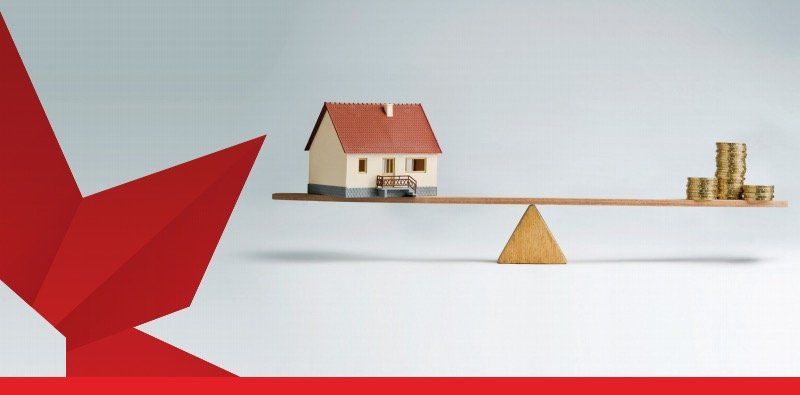Is There a “Housing Bubble” in Canada?
Since at least 2008, there have been repeated bursts of commentary that there is a housing bubble in Canada. Those comments have generally assumed that rapid growth in house prices (or a rising ratio of house prices versus incomes or of house prices versus rents) is sufficient evidence of a bubble. To the contrary, these supposedly strong indicators are not definitive proof. They may actually represent healthy outcomes within existing conditions.
Proof of a bubble requires two findings:
- There are expectations of price growth that are self-fulfilling – that the expectations of growth lead to increased (and excessive) activity in the market, which drives the price growth
- Prices diverge significantly from what should be expected based on economic fundamentals
On the first condition, the author’s statistical research into Canadian housing markets suggests that growth of house prices has very little influence on market activity and, therefore, there is no evidence of a “speculative mindset”. There is evidence of a moderate effect in British Columbia, but even in BC the effect is nowhere near as strong as occurred in the US during its bubble period.
On the second condition, the critical economic fundamental is that very low interest rates have created “affordability space” in which house prices could rise. The amounts of actual increase in local markets have varied, depending on local conditions. The key finding here is that, in the 11 major market areas that are included in the Teranet/National Bank House Price Index, none have fully consumed the affordability space that has resulted from low interest rates. As such, we can conclude that the rapid rises of housing prices are consistent with economic fundamentals.
Another way to interpret the data (which is hopefully clearly evident in the charts shown in this section) is that housing affordability is currently very favourable almost everywhere in Canada. This is resulting in strong housing activity and supporting the broader economy. This support is increasingly valuable, given that investment in energy projects is no longer a driver of growth.
This report concludes that housing bubbles do not exist in Canada.
These findings explain why the countless predictions of doom have not been proven correct. That said, the economic fundamentals can change. In particular, a non-trivial and sustained rise in mortgage interest rates (or a sharp economic downturn) could put current prices offside and lead to price reductions.
There is risk in the policy arena. Changes in mortgage lender or insurer policies that reduce access to mortgages would result in a significant change in fundamental conditions, leading to an unnecessary drop in housing demand and housing prices, causing consequent economic damage.
Assessment of risks in the housing and mortgage markets should give considerable attention to the outlooks for interest rates and the employment situation. Someone who holds strong expectations about adverse changes for the fundamentals could see very substantial risks. On the other hand, someone who does not expect adverse changes for the fundamentals should see limited risks in the housing and mortgage markets.
This article was taken from the report Looking for balance in the Canadian Housing and Mortgage Markets published by Mortgage Professionals Canada in June of 2016, written by Chief economist Will Dunning.
Katherine Martin
Origin Mortgages
Phone: 1-604-454-0843
Email: kmartin@planmymortgage.ca
Fax: 1-604-454-0842
RECENT POSTS






